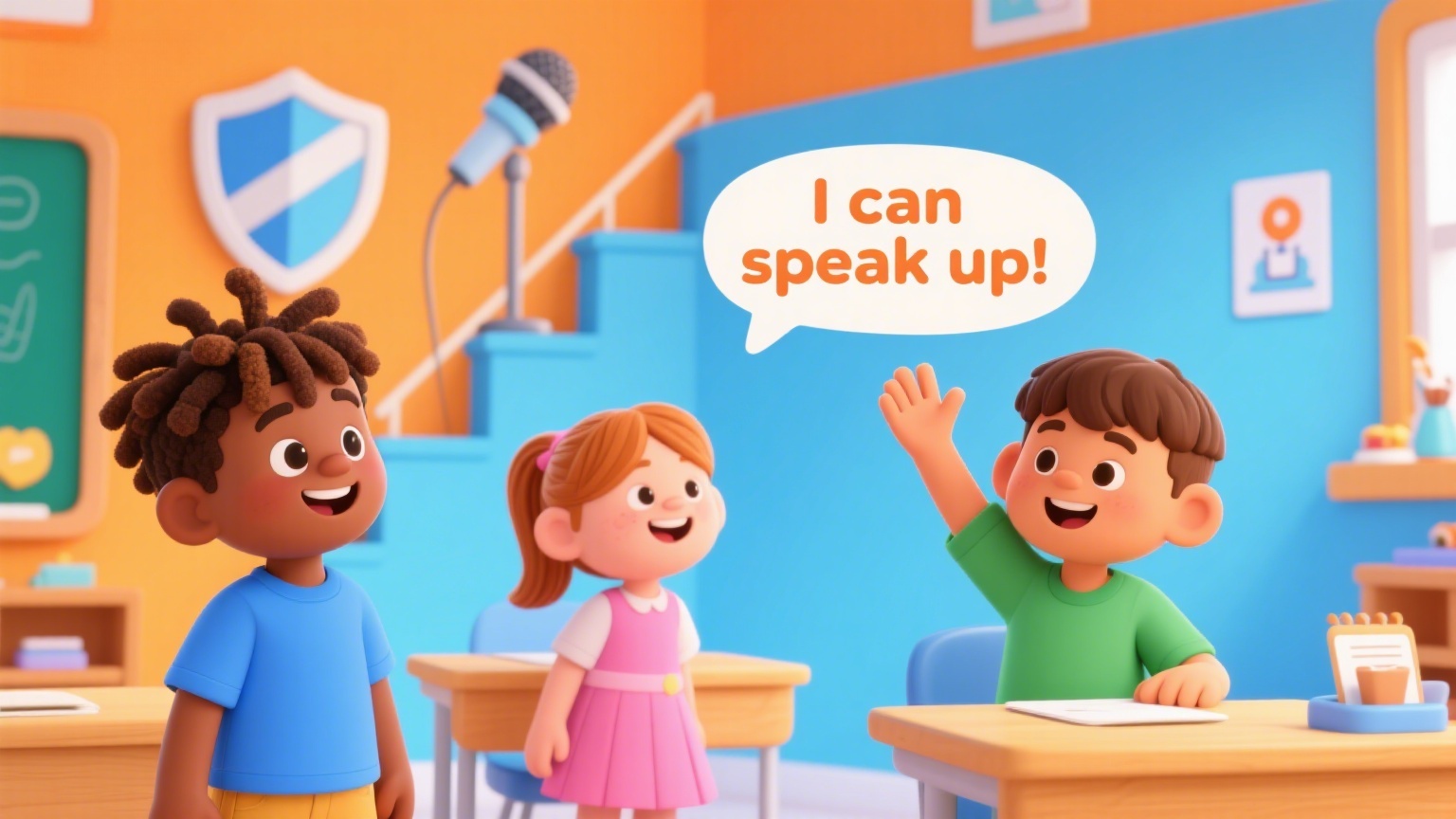Helping your child develop self-advocacy skills prepares them to confidently express their needs while respecting others. Here’s how to nurture this vital ability:
1. Create a Safe Space for Honest Expression
- Replace dismissive phrases like “It’s not a big deal” with:
“How did that make you feel?”
“What would help you right now?” - Validating emotions builds trust in their own voice.
2. Teach Body Language & Role-Play
- Confidence starts before speaking:
✅ Stand tall
✅ Make eye contact
✅ Use firm but calm tones - Practice scenarios at home (e.g., asking a teacher for help).
3. Model Low-Stakes Advocacy
- Narrate everyday decisions:
“My order was wrong. I can accept it or politely ask for a fix—both choices are okay.” - Show how to balance assertiveness with kindness.
4. Give Them Scripts
Help them articulate needs with phrases like:
- “I’m uncomfortable when you…”
- “I need space right now.”
- “I don’t like that joke. Please stop.”
5. Discuss Rights vs. Respect
- “Speaking up for yourself matters, but others’ feelings matter too.”
- Use conflicts as teachable moments (“How could you say that differently?”).
Why It Matters: Kids who advocate for themselves grow into adults who set boundaries, solve problems, and navigate relationships with confidence.
Tip: Start small—even choosing their own outfit or ordering food builds decision-making muscles.
(Word count: 200 | Format optimized for readability and actionability.)








